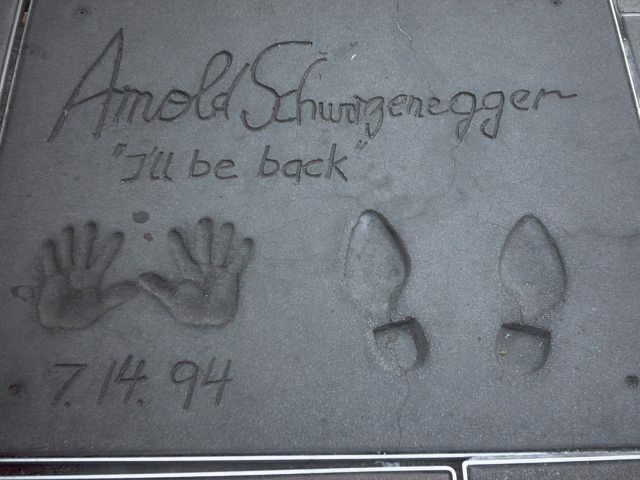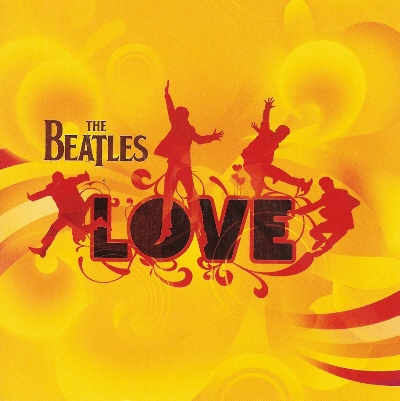
American politics has always been about popularity. From the earliest days of our Democracy politicians have had to gain popularity through debates and persuasion. Our first president was even appointed to this office based on popularity. Although reluctant to take the post, George Washington's peers "nominated" him based on his actions during the Revolutionary War. Washington may not have been thrilled that his popularity allowed him to become the first leader of a brand new country, but in more recent decades, many candidates have relied upon their popularity to be voted into office. These popular culture celebrities turned politicians have become governors, senators and have even run for and won presidential elections. The fact that these celebrities have run successful campaigns shows how important popular culture is in America.
Ronald Reagan was the first popular culture celebrity to run for elected office. Perhaps most famous for his fight against communism and his quest to see the Berlin Wall torn down. But before he took on Communism and introduced Reaganomics, Reagan was an actor. This clip shows one of Reagan's more famous speeches, urging Mikhail Gorbachev to "tear down" the Berlin Wall. Beginning in the 1930s Reagan starred in several movies, and while he wasn't a huge movie star, it is no doubt how voters knew him during the 1980 presidential election. The following clip is from a movie Reagan did in 1964 called "The Killers."
Following Reagan there have been other celebrities elected to political office. Although he didn't run for president, Jesse Ventura ran a successful campaign and became the governor of Minnesota in 1999. Ventura wasn't known as an actor, per se. He was more widely known as Jesse "The Body" Ventura, a professional wrestler, shown in this clip. Ventura's history as a wrestler was widely covered during the campaign, mostly as a way to discredit Ventura. However, there can be little doubt that Ventura's celebrity played a roll in his winning the election. He became one of Minnesota's most outspoken governors, and his position served to make him an even bigger celebrity.
Following in Ventura's footsteps and running for governor of California was action movie star Arnold Schwarzenegger. Elected in 2003, the same year that Ventura left office in Minnesota, Schwarzenegger was a blockbuster movie star, who starred in hugely successful films such as "The Terminator" and "Kindergarden Cop." While the media also played on Schwarzenegger's acting carrier, it viewed Schwarzenegger as a much more serious contender for governor given Ventura's recent election. This video shows "The Governator" addressing the citizens of California after a large earth quake.
These three celebrities show us just how much influence popular culture has on American citizens. In recent years the media has increasingly reported on celebrities such as Britney Spears, Li
 ndsey Lohan and Paris Hilton and touted their antics as newsworthy. This is partly because of the 24-hour news cycle, but mostly because the actions of pop culture icons have become so important to Americans that we are more likely to watch or read the news if celebrities are reported on. This trend has spilled over into politics, as evidenced with Reagan, Ventura and Schwarzenegger. Even with the most recent election of Barak Obama, the media turned the candiates into celebrites, reporting on mundane details of the canditate's lives that had little or nothing to do with the actual campaign. By creating these celbrites the media generated more interest in the politicians, and showed us that celebrity is very highly valued in our society.
ndsey Lohan and Paris Hilton and touted their antics as newsworthy. This is partly because of the 24-hour news cycle, but mostly because the actions of pop culture icons have become so important to Americans that we are more likely to watch or read the news if celebrities are reported on. This trend has spilled over into politics, as evidenced with Reagan, Ventura and Schwarzenegger. Even with the most recent election of Barak Obama, the media turned the candiates into celebrites, reporting on mundane details of the canditate's lives that had little or nothing to do with the actual campaign. By creating these celbrites the media generated more interest in the politicians, and showed us that celebrity is very highly valued in our society.

